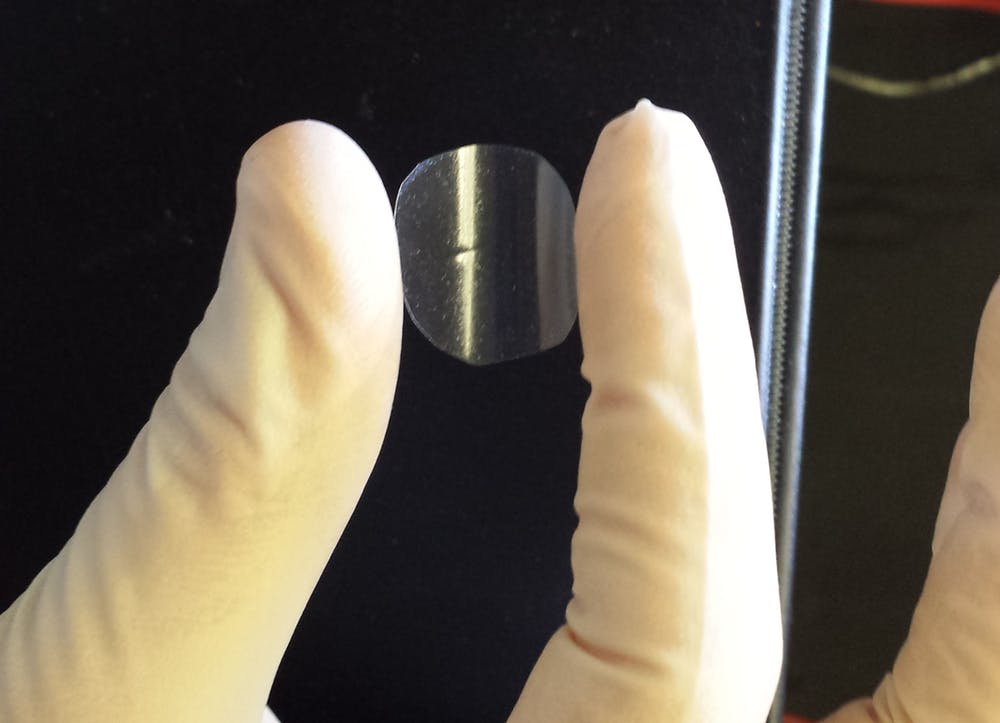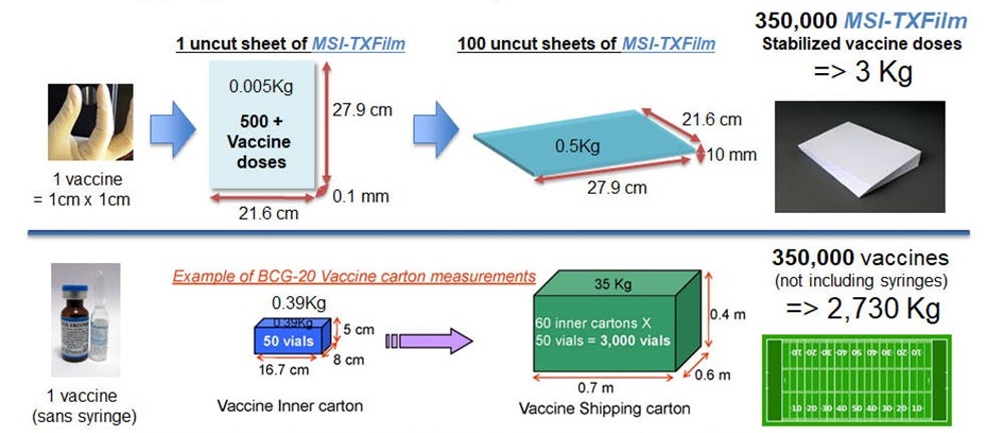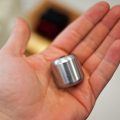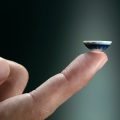
Researchers have developed a new method for storing vaccines and biological drugs that does not require refrigeration and is suitable for oral administration.
Over time, the effectiveness of any vaccine decreases, and the rate of deterioration usually depends on theConstant stay in the refrigerator creates certain inconveniences and increases thecosts, and for some parts of the world, this option is not suitable.Therefore, a team of pharmacists from the University of Texas at Austin decided to develop an alternative way to stablestorage of drugs that do not require the use of syringes.
After watching a documentary thatThe DNA of animals can be stored in amber for millions of years, they thought about creating the likeness of candy for vaccination. After hundreds of experiments with various natural ingredients, the researchers found a substance that can suspend viruses and bacteria in a peeling film without destroying them. Then they improved the production process, simplifying it and speeding up the drying process of the drug.

According to the developers, such a solution hasA number of advantages, since vaccines and medicines can be stored in this form for years at room temperature in a closed container. At the same time, the ingredients for creating the film are inexpensive, and the manufacturing process is relatively simple, which allows you to create affordable vaccines in a convenient form. There is also no need for additional use of bottles, needles, syringes, cotton wool and their disposal.

The team has already patented the invention and launched a startup to promote their product. Scientists hope that their films will simplify the distribution of vaccines.
Recently, we also reported that bioengineers managed to cure diabetes mellitusin mice, giving hope to millions of people.
</p>




